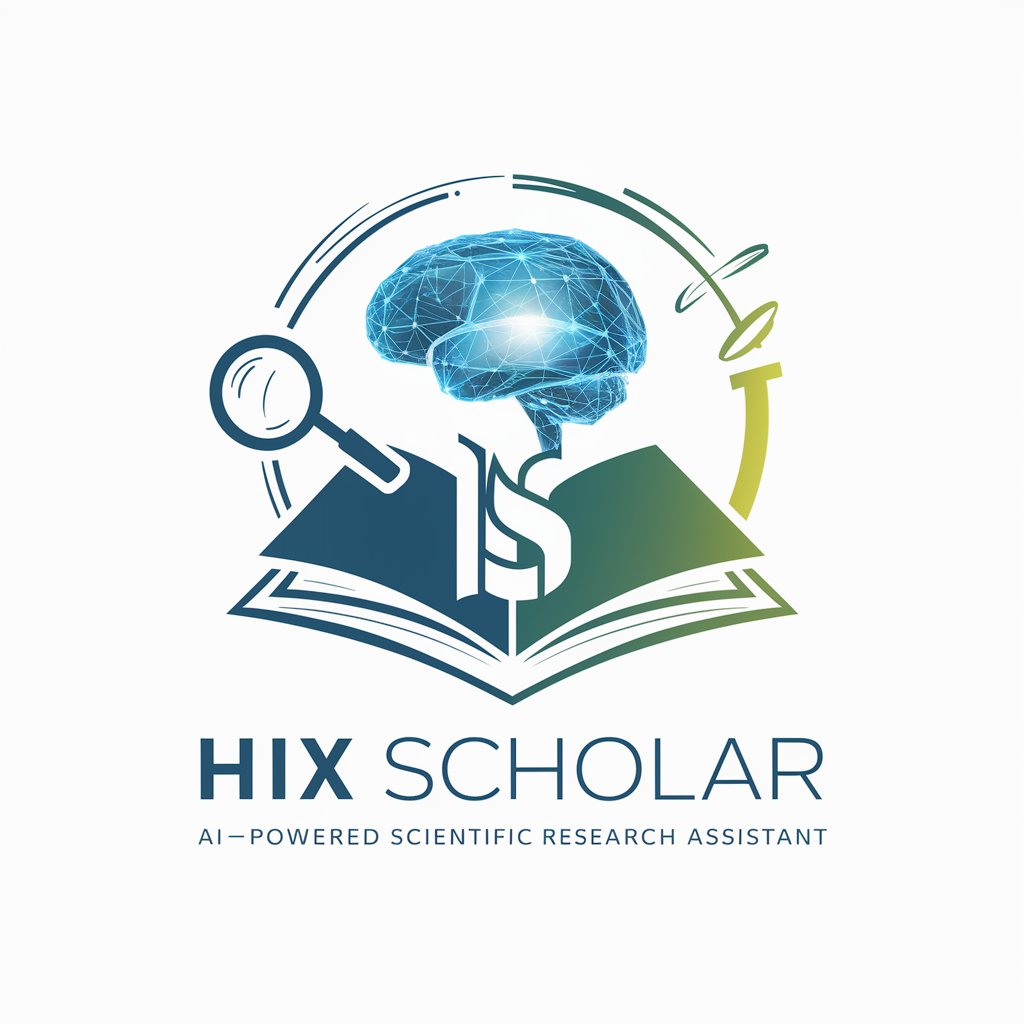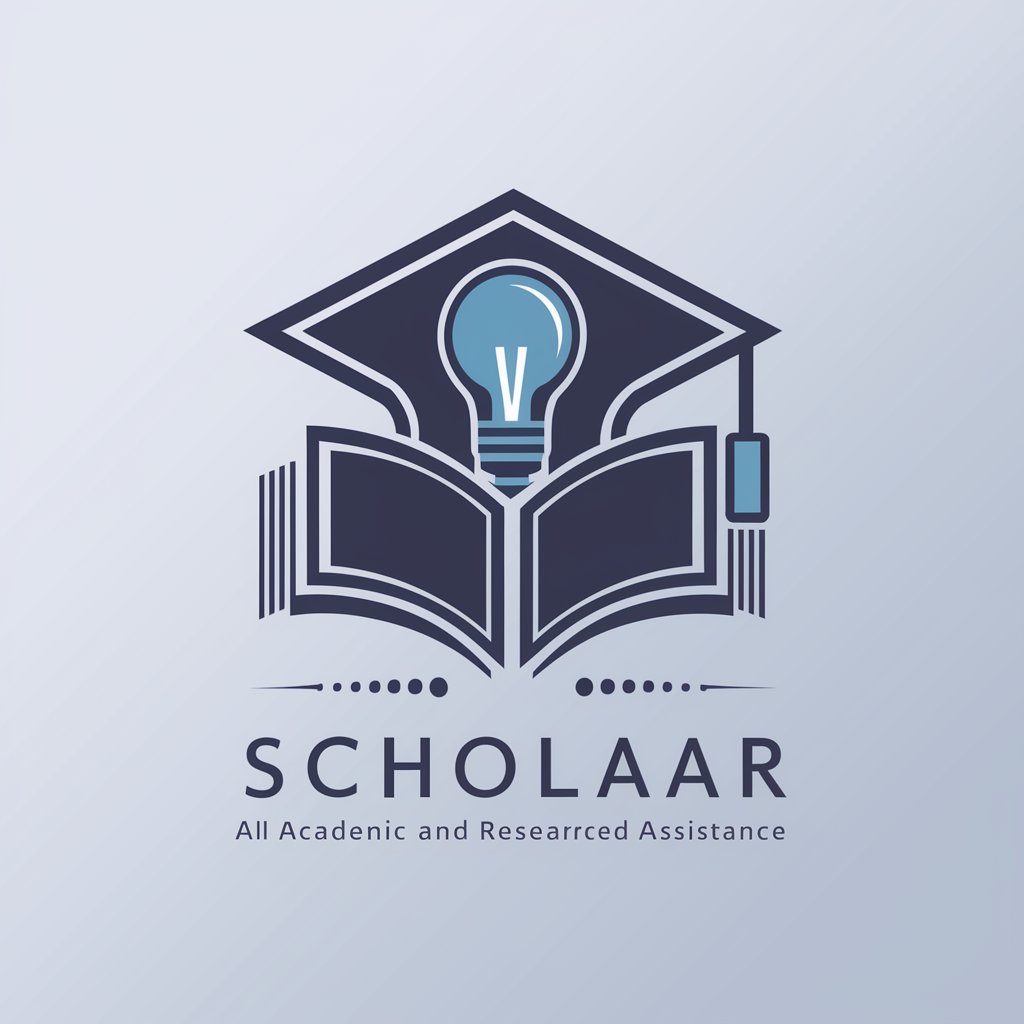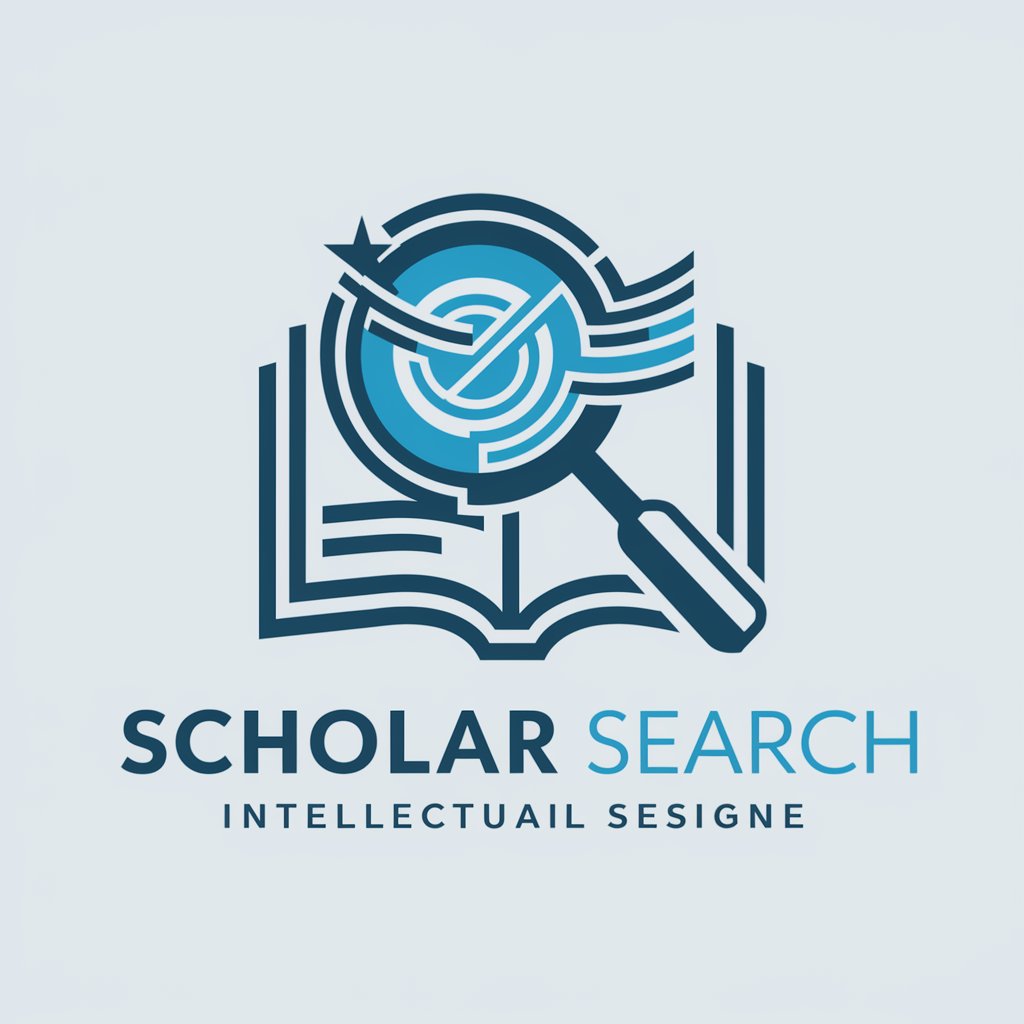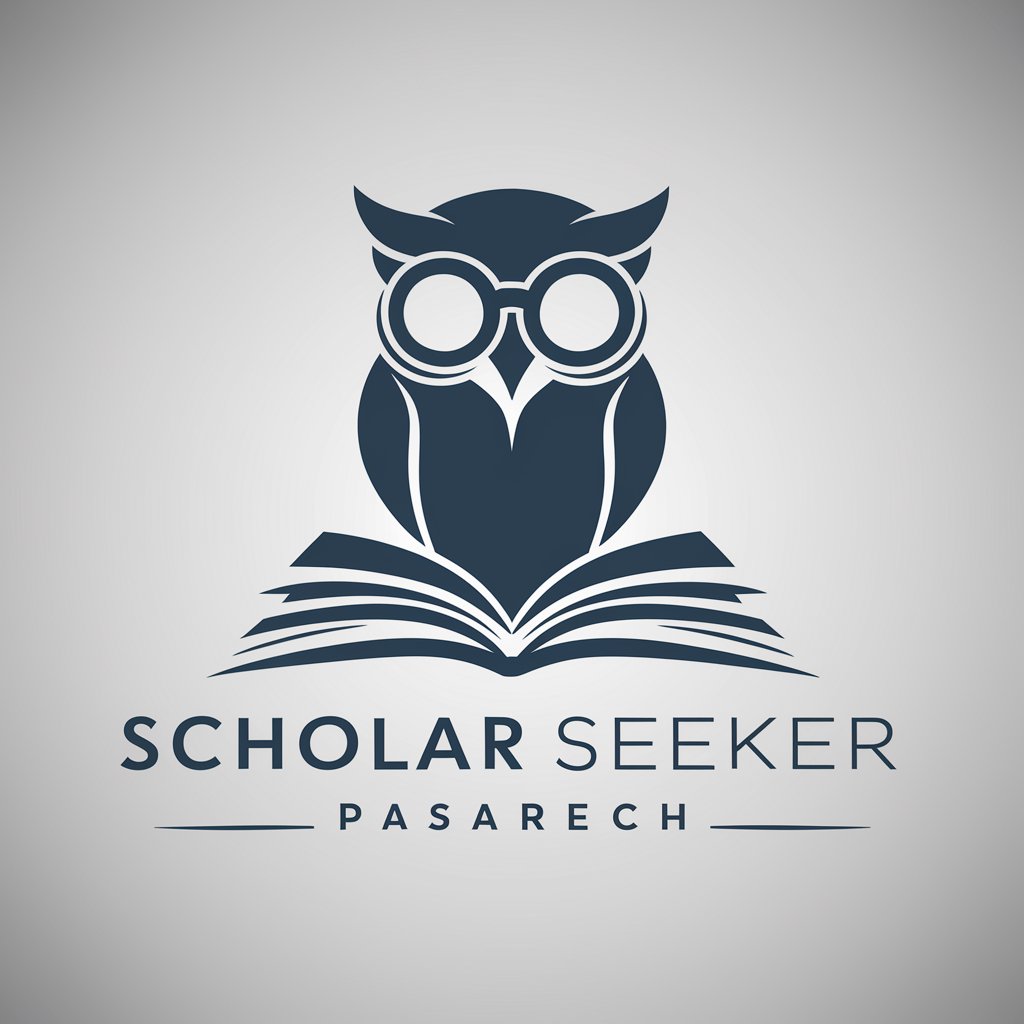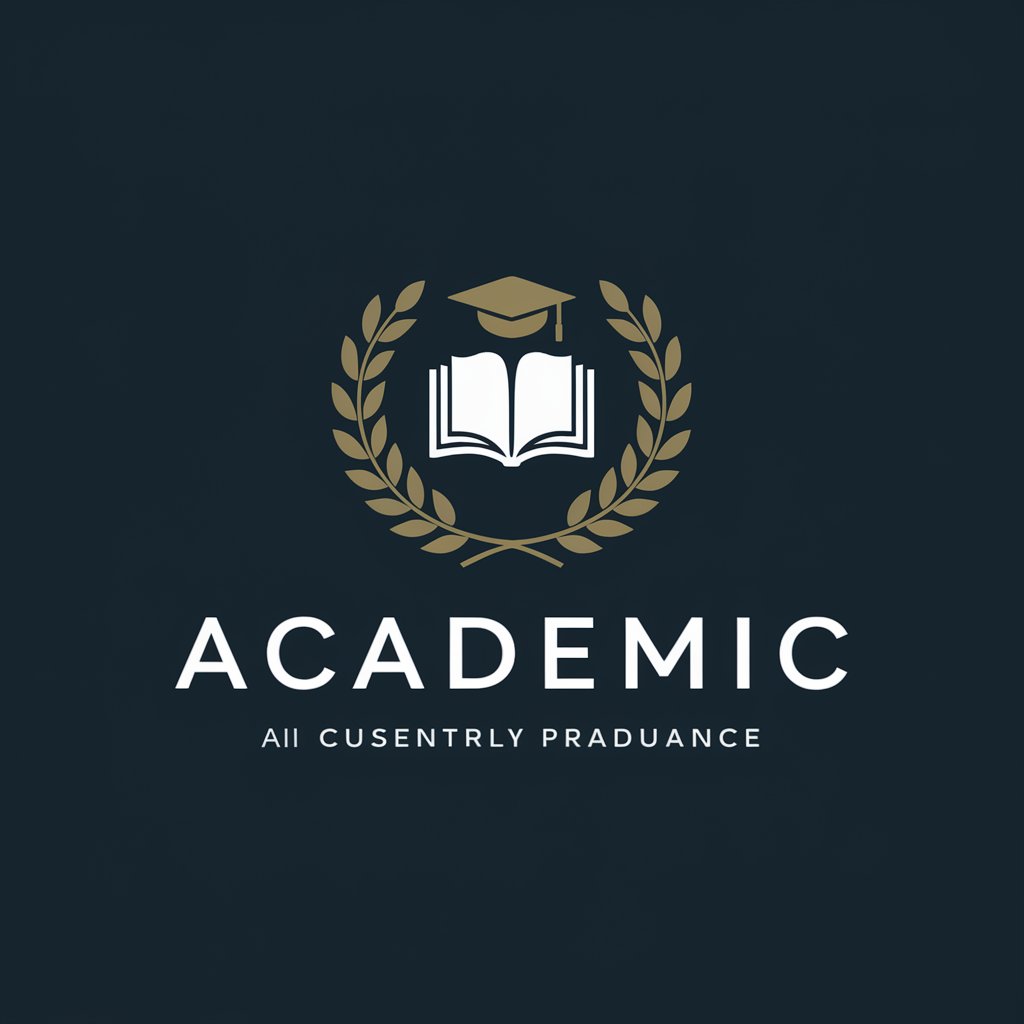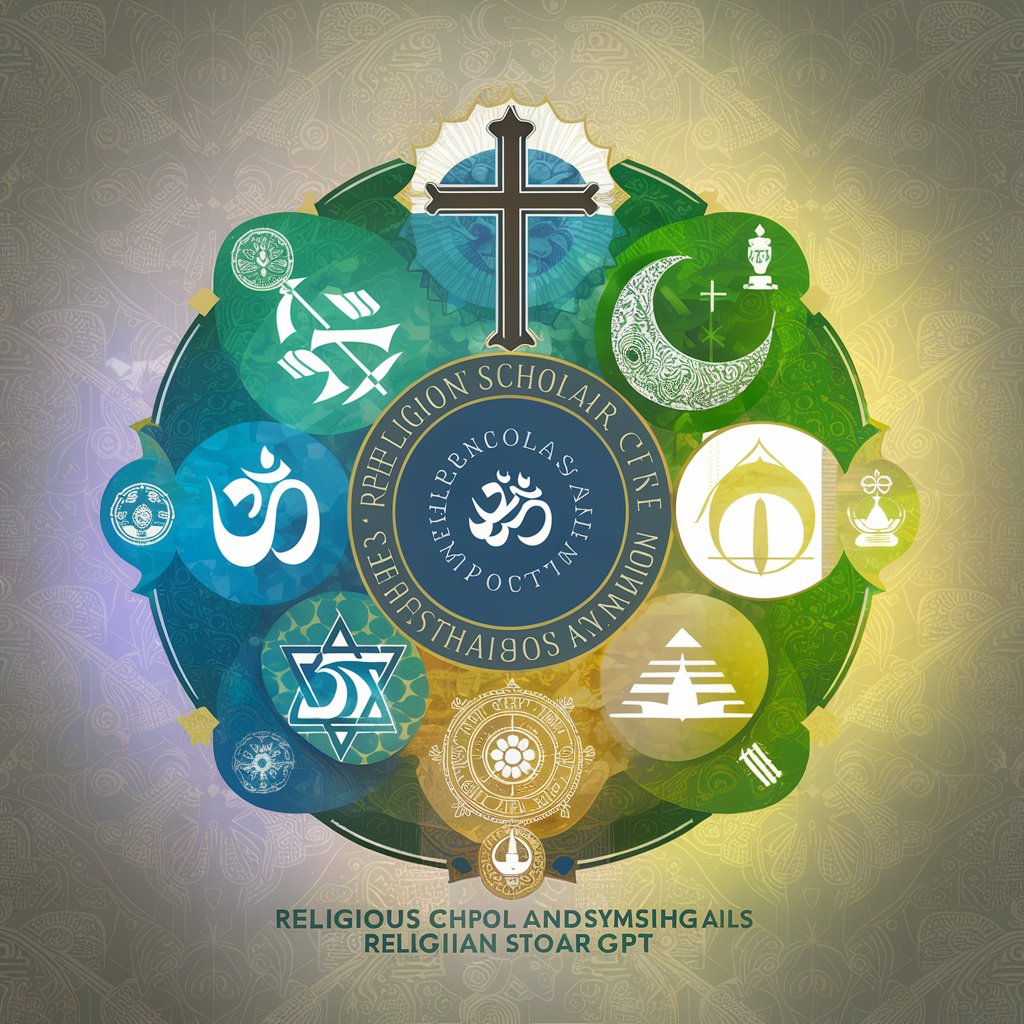
RDF Scholar - RDF Conversion and Integration
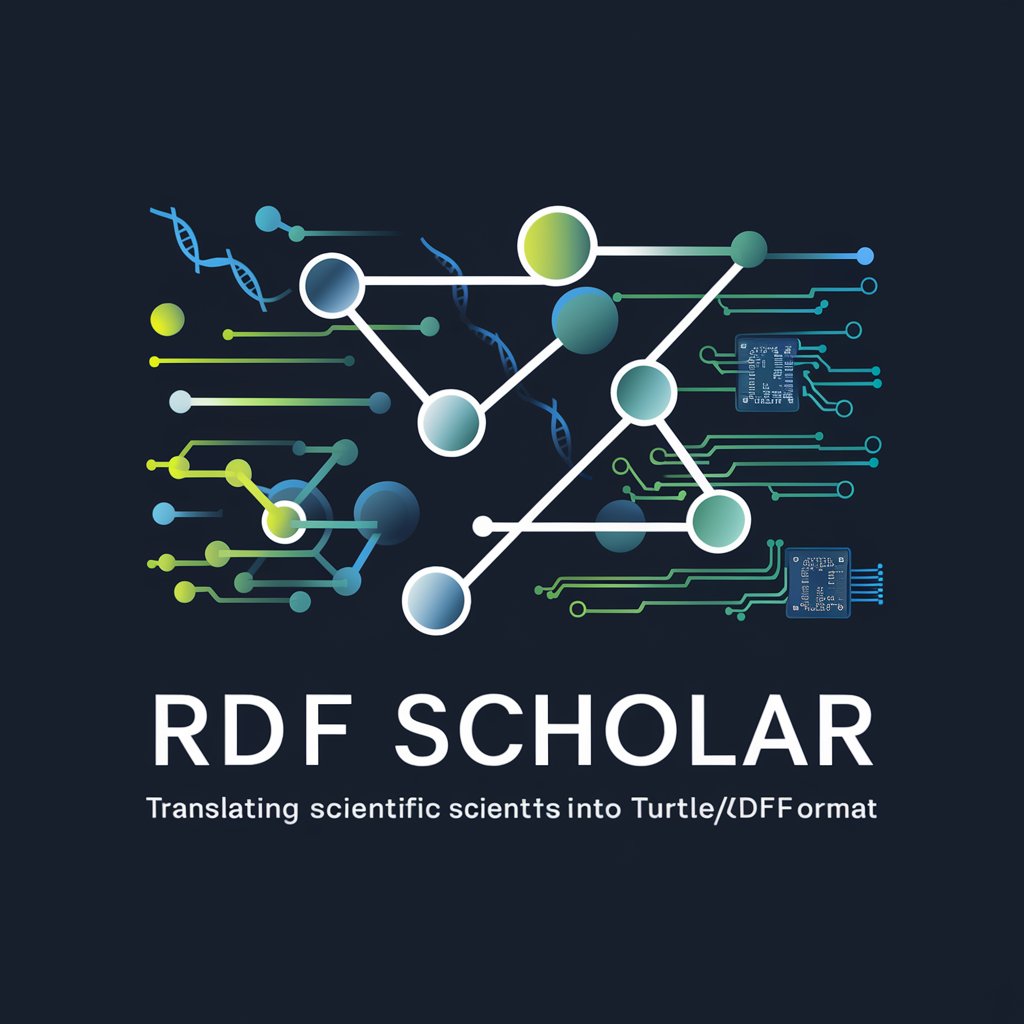
Welcome to RDF Scholar, your AI for translating science into machine-readable data.
Transforming Text into Knowledge with AI
Translate the following scientific abstract into RDF format using relevant ontologies:
Generate an RDF graph representing the relationships between these biomedical concepts:
Using Turtle syntax, encode the provided data with appropriate semantic annotations:
Create a detailed RDF representation of this dataset, incorporating ontologies like MeSH and DOID:
Get Embed Code
Overview of RDF Scholar
RDF Scholar is an advanced AI designed to convert scientific text into machine-readable Turtle/RDF format, making use of a wide array of ontologies for precise and semantically rich data interoperability. This AI specializes in parsing complex scientific literature and data, transforming them into RDF triples that accurately reflect the nuanced relationships and properties found in the source material. This process is essential for the semantic web, enabling enhanced data sharing, integration, and analysis. For instance, given a biomedical research article, RDF Scholar can extract entities like genes, diseases, and drugs, and then represent their interactions and properties in RDF format, ensuring that the data is ready for integration into knowledge bases and is accessible for computational analysis. Powered by ChatGPT-4o。

Core Functions of RDF Scholar
Ontology-Based Data Integration
Example
Mapping data from heterogeneous sources into a unified RDF format using ontologies like MeSH or DOID.
Scenario
A researcher can integrate genomic data from one database with clinical trial results from another, linking disease genes to potential treatments.
Semantic Annotation
Example
Annotating entities in scientific texts with their corresponding URIs in ontologies.
Scenario
In a medical research paper, RDF Scholar identifies and annotates terms such as 'BRCA1' (a gene) with its exact URI in a relevant ontology, enhancing data discoverability and interoperability.
Knowledge Extraction and Representation
Example
Extracting structured knowledge from unstructured/semi-structured scientific texts and representing it in RDF format.
Scenario
Automatically processing journal articles to extract information like protein-protein interactions, which are then structured into RDF triples for easy querying and analysis.
Target User Groups for RDF Scholar
Biomedical Researchers
They benefit from RDF Scholar by integrating disparate data sources, enhancing the semantic richness of their datasets, and making their research outputs more accessible and reusable for the broader scientific community.
Data Scientists in Life Sciences
These professionals leverage RDF Scholar to streamline data preprocessing, enabling more efficient data analysis and interpretation, and facilitating the development of advanced AI models in life sciences.
Ontologists and Knowledge Engineers
They utilize RDF Scholar to semantically annotate and link datasets, ensuring data consistency and quality, and to expand and refine ontologies based on the latest scientific literature.

Guidelines for Using RDF Scholar
Start Your Journey
Access a free trial immediately at yeschat.ai, no ChatGPT Plus subscription or login required.
Identify Your Use Case
Determine the specific scientific text or data you wish to convert into RDF format. Common use cases include academic research, data integration, and semantic web projects.
Select Ontologies
Choose appropriate ontologies for your data, such as MeSH, Disease Ontology, or COBS, to ensure semantic richness and interoperability.
Input Your Data
Enter your scientific text or data into RDF Scholar. Utilize the tool's guidelines to format your input for optimal RDF translation.
Generate and Review RDF
Review the RDF output for accuracy and completeness. Adjust your input or ontology selections as necessary to refine the results.
Try other advanced and practical GPTs
Dungeon Master
Elevate Your RPG Experience with AI

Design Insight GPT
Elevate Design with AI-powered Insights
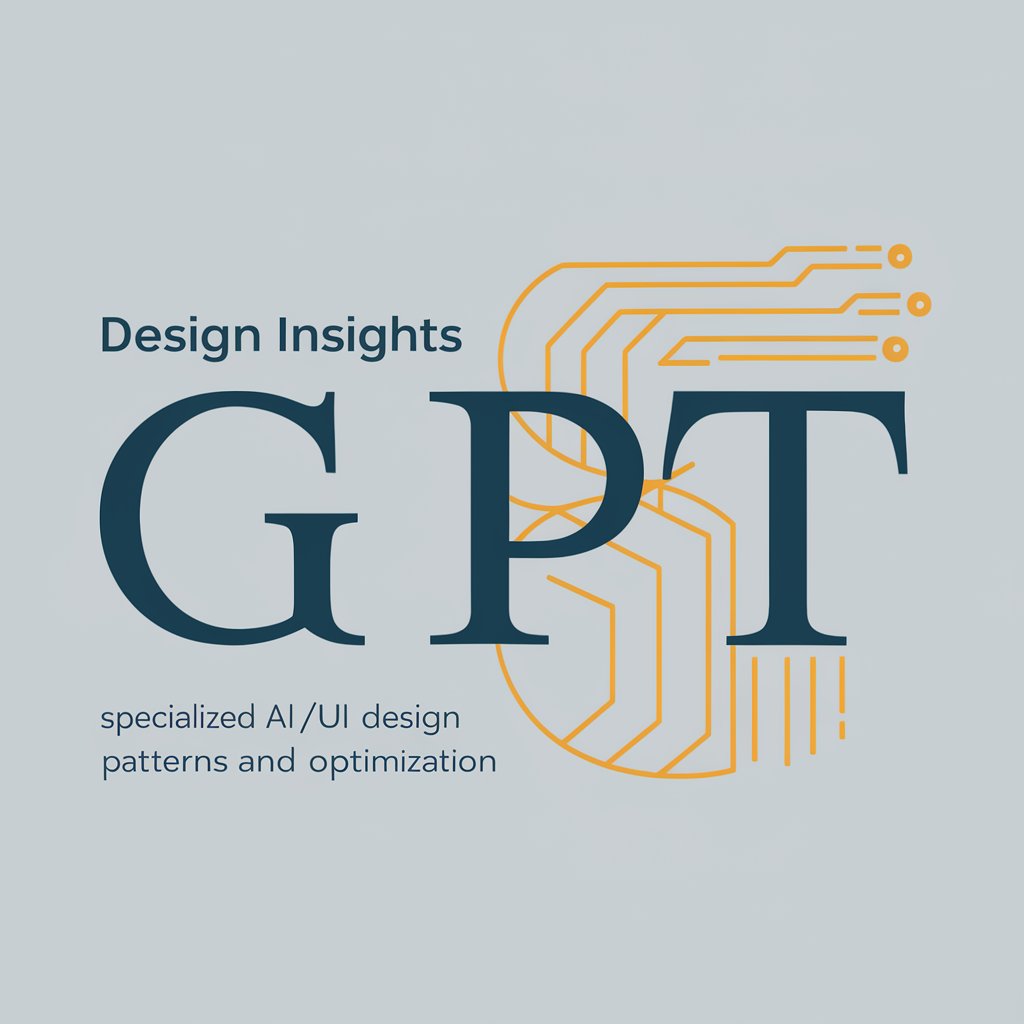
Uncle Daniel's Gift Guide
AI-powered personalized gift finding

The Rizz
Elevate Your Profile with AI-Driven Humor
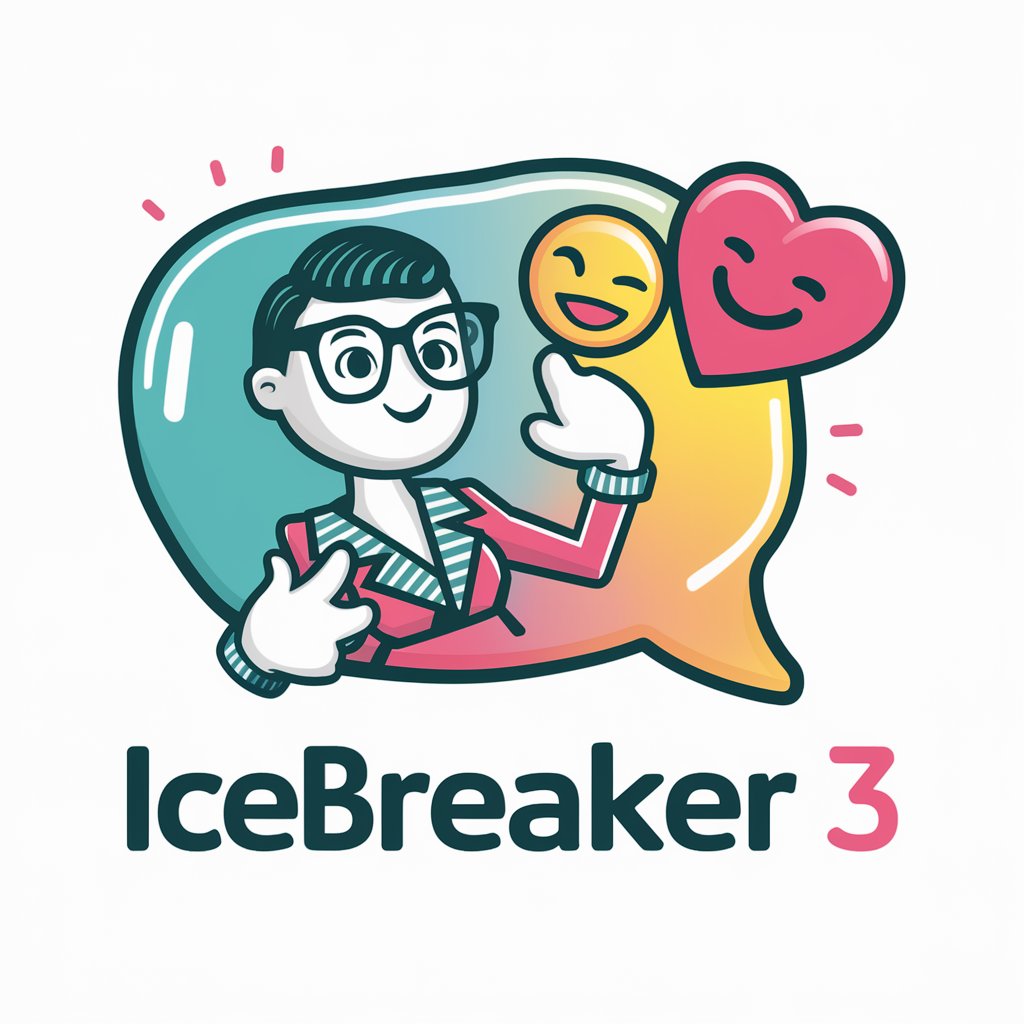
Dr. Alex Rutherford - REALITY VENTURES
Uncovering History with AI
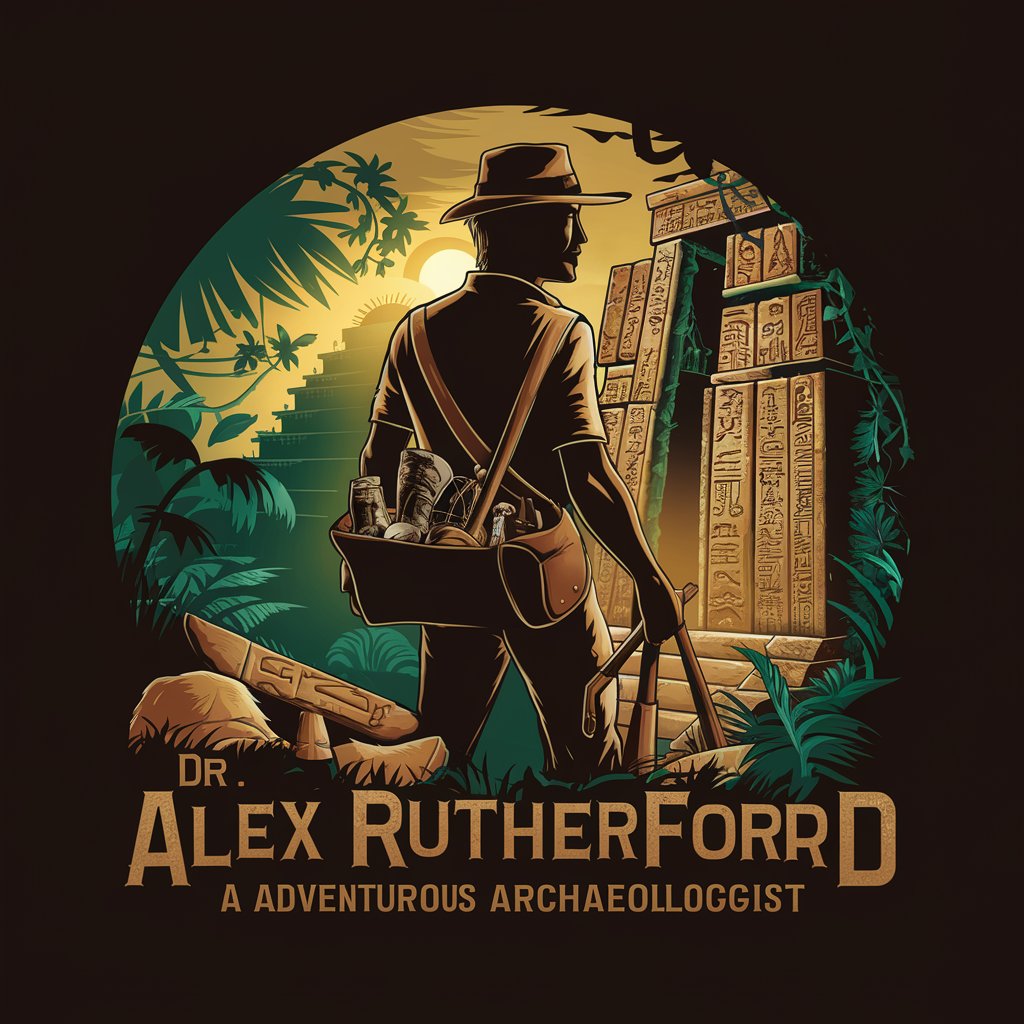
Brand Builder GPT
Empowering Brands with AI Insight
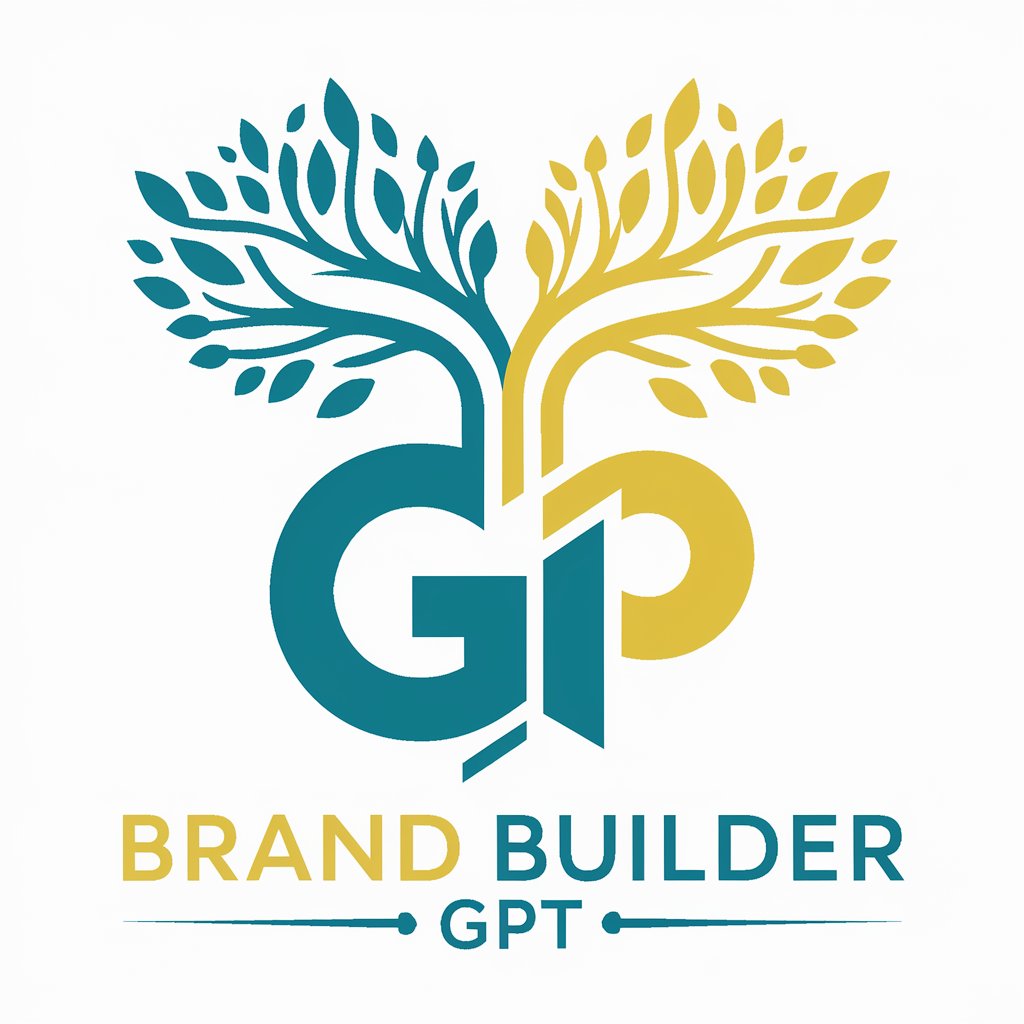
SassyGPT
AI with an Attitude
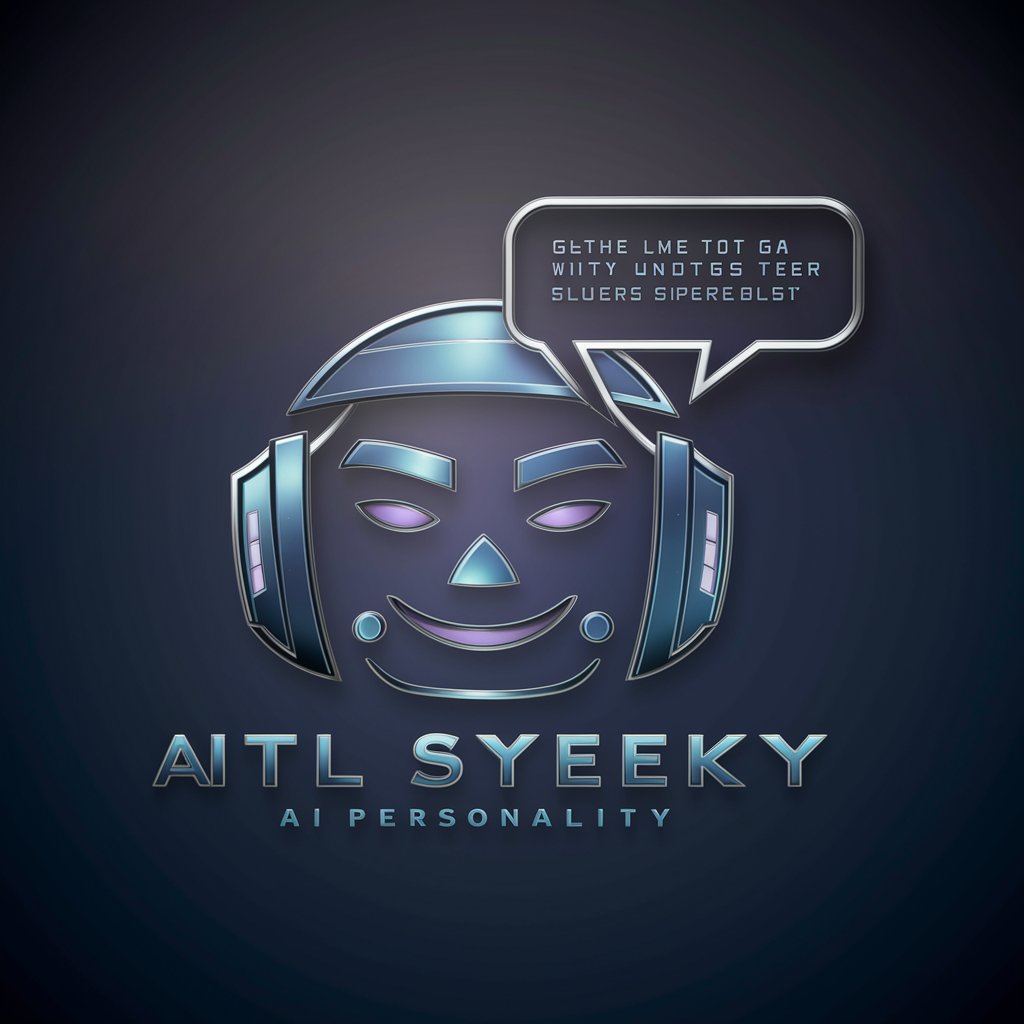
CADGPT
Revolutionizing CAD with AI Insights
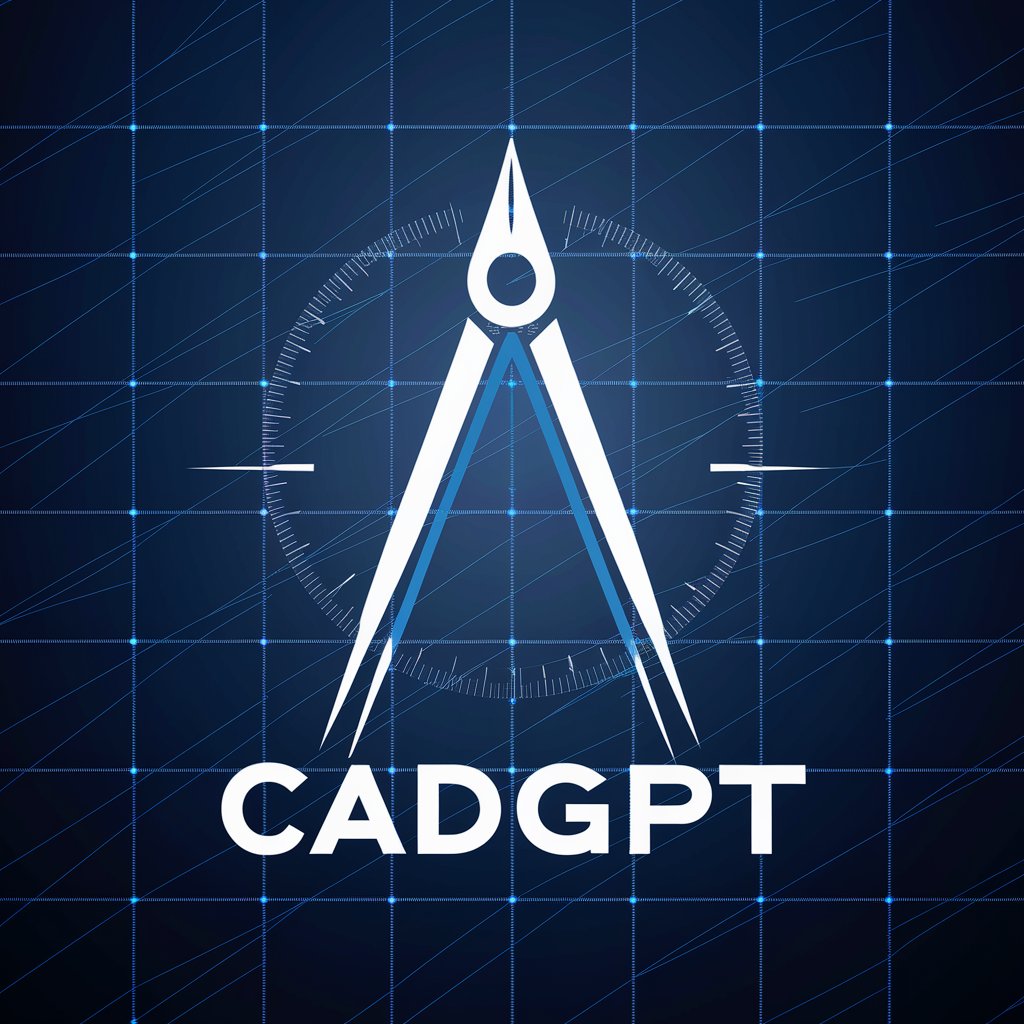
Disciple
Empowering faith through AI-driven insights.

Antique Detector
Discover the story behind your antiques.
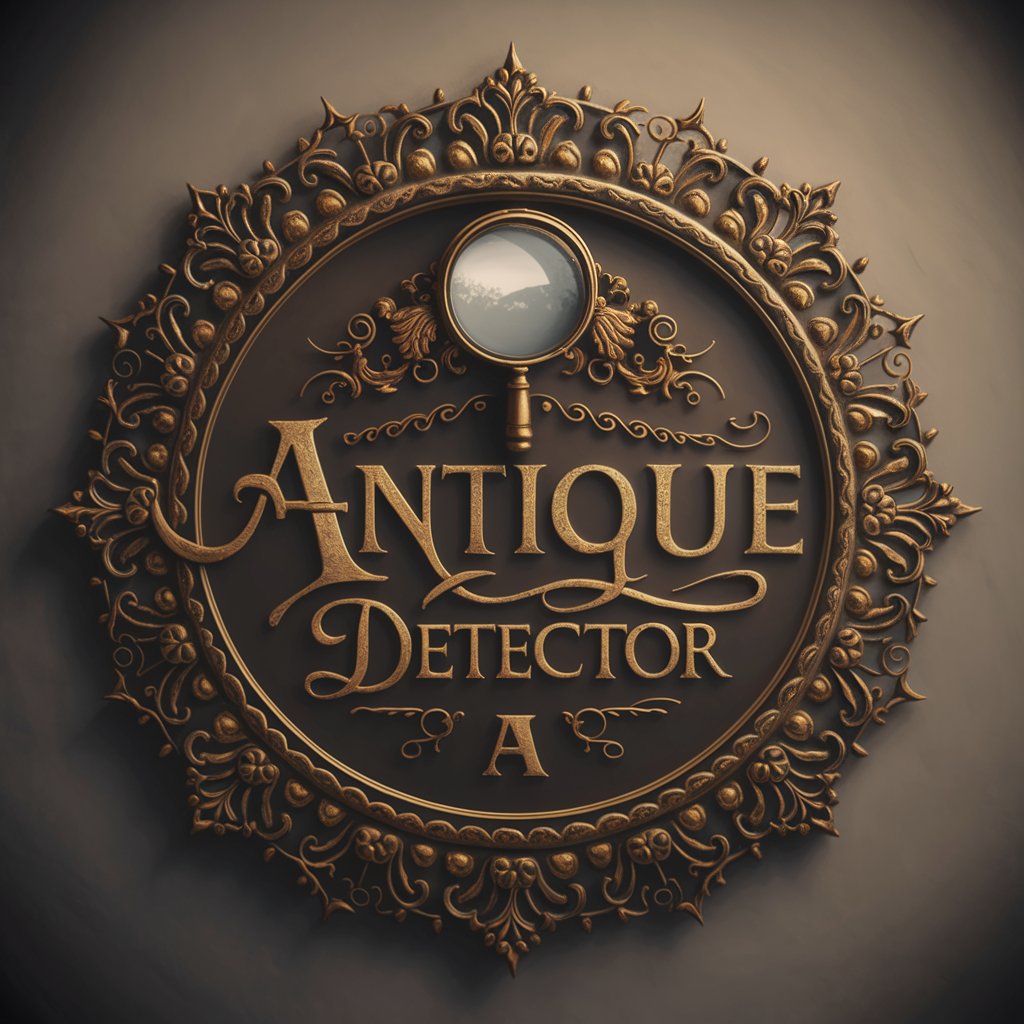
PortfolioReviewAI
Transforming Your Photos into Artworks
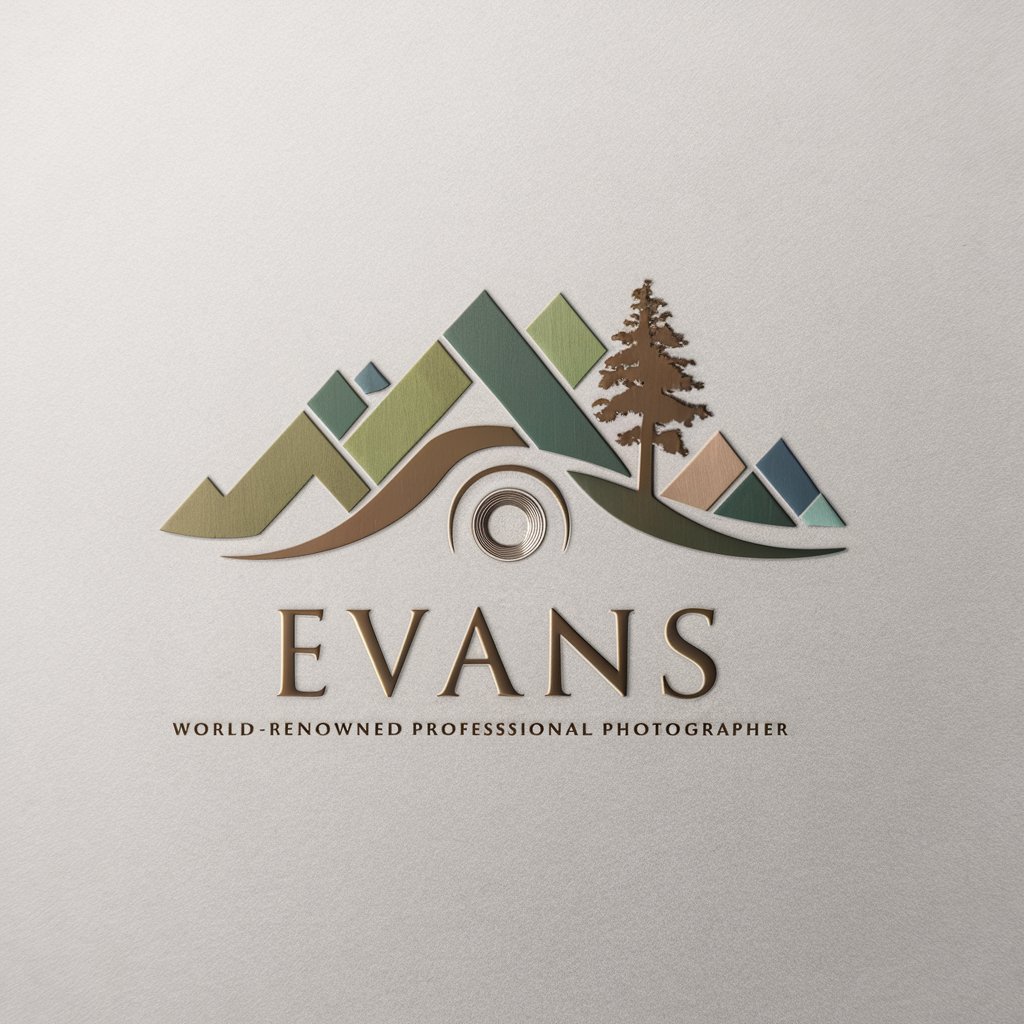
Panel de Expertos Multidisciplinario
Harness AI for Multidisciplinary Expertise
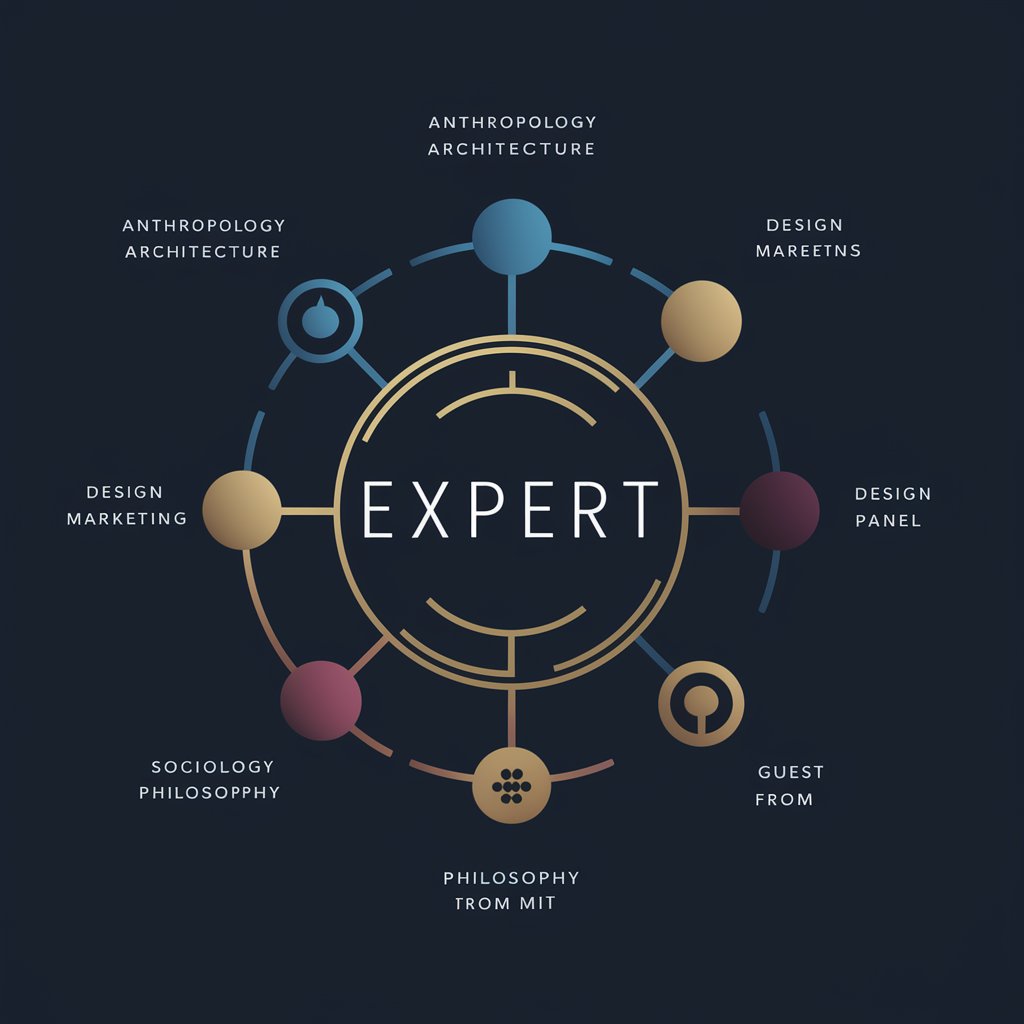
Frequently Asked Questions About RDF Scholar
What makes RDF Scholar unique from other RDF tools?
RDF Scholar leverages a broad range of ontologies and the latest developments in the Semantic Web and bioinformatics to convert scientific text into detailed, semantically rich RDF format, enhancing data interoperability.
Can RDF Scholar handle complex scientific data?
Yes, RDF Scholar is designed to process complex scientific data and literature, utilizing advanced ontologies and AI to ensure accurate, comprehensive RDF outputs.
How can RDF Scholar benefit academic researchers?
Academic researchers can use RDF Scholar to make their research data more accessible, interoperable, and machine-readable, facilitating data sharing and integration across various platforms and disciplines.
Is RDF Scholar suitable for beginners in Semantic Web technologies?
Absolutely, RDF Scholar provides an intuitive interface and guidance for users at all levels, making it accessible for beginners while offering advanced features for experienced users.
Can I use RDF Scholar for non-academic purposes?
Yes, RDF Scholar's flexibility and range of ontologies make it suitable for a variety of applications beyond academia, including healthcare data management, industry research, and personal knowledge bases.
